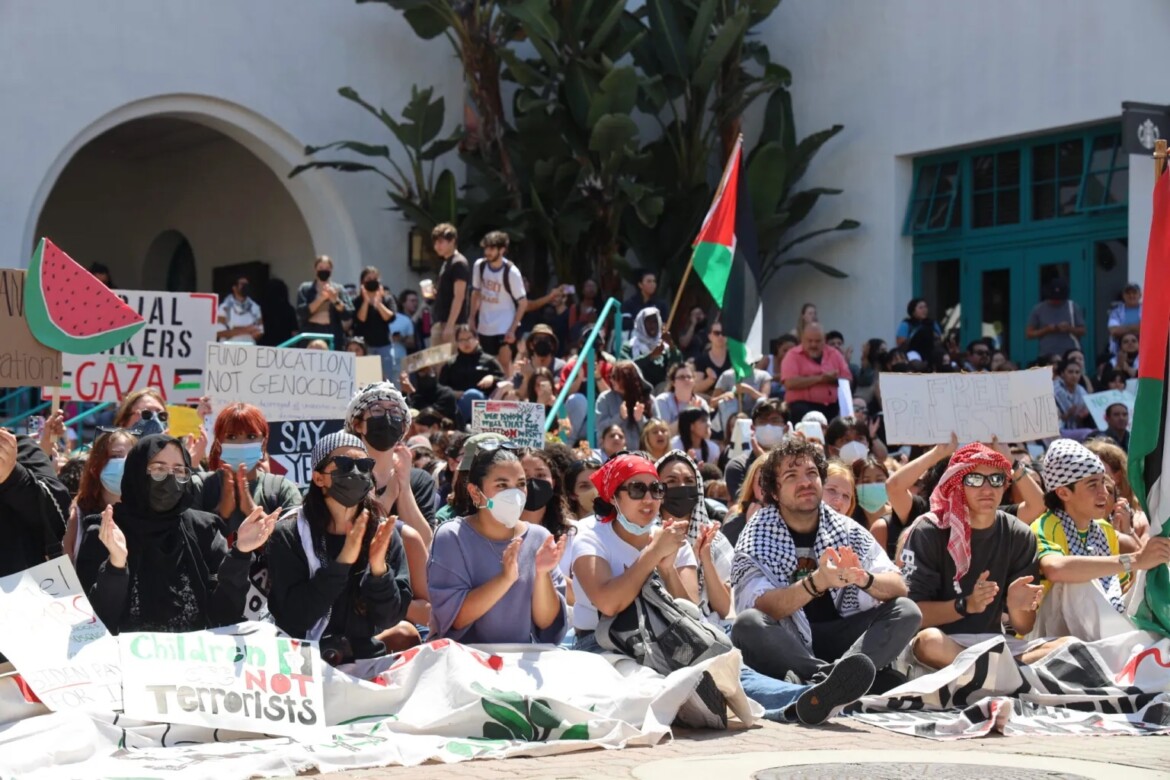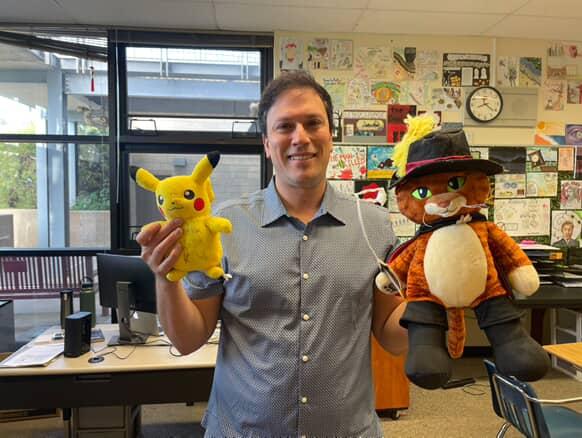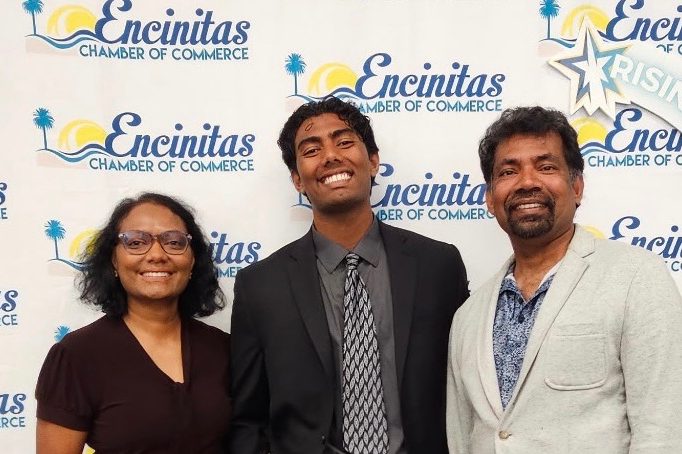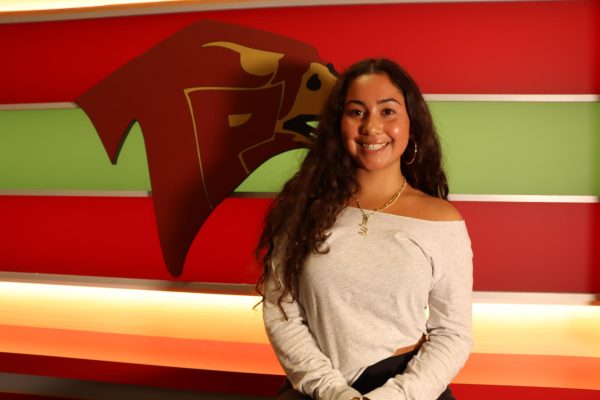To start off the fall semester, several University of California and California State University campuses implemented new protest policies on Aug. 20 in an effort to prevent the violence that arose from student protests last spring.
The new protest policy prohibits students from making encampments, temporary or permanent structures and wearing masks to conceal their identities, according to UC and CSU systems.
Last year, protests at the University of California Los Angeles led to local law enforcement being involved.
“I felt unsafe on campus because I’m a Jewish student, and there was a rise of anti-semitism from the protests,” Mia Crocker, a current sophomore at UCLA said.
Crocker was on campus during the height of the protests, and ended up moving back home in fear of her personal safety.
“I was in the middle of working on a play [during the protests], and by the end of one of my rehearsals there were fireworks being thrown at the encampment,” Crocker said. “I had to walk back to my dorm around what was happening, and it was just a scary feeling.”
This year, students like Crocker can return to campus and feel safer knowing that there are policies in place that will help to prohibit the protests from getting as out of hand as they were in the spring.
At the University of California, Berkeley, protests got violent last spring as students began assaulting each other physically, according to NBC News.
As protests last year got increasingly violent, Jewish students, as well as students of other religious affiliations, were being targeted on their own campuses and some even blocked by barricades of protesters from attending their classes. Following these events, these new policies are intended to keep students safe, and allow both staff and students to go about their business without major and potentially dangerous disruptions. While the UC and CSU systems are for free speech, and encourage their students to speak out on issues they are passionate about, they will not tolerate it at the expense of their students safety and ability to learn.
“There are hundreds of places on the Berkeley campus for students to express their free speech rights,” UC Berkeley’s Chancellor, Rich Lyons said, according to the LA Times. “We are a free speech university, but to intentionally break the rules … now you’re in the world of civil disobedience and we’re going to think about consequences.”









